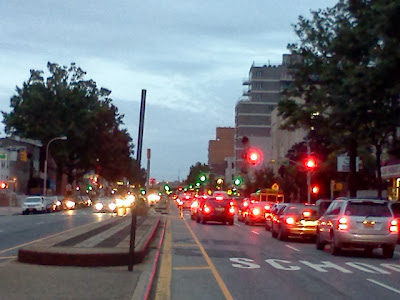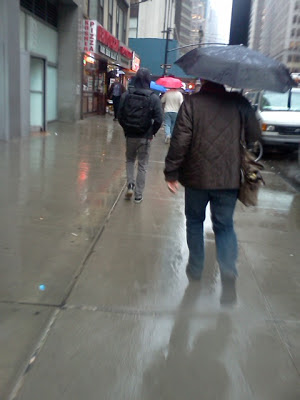| The holiday ice rink & Christmas tree at Bryant Park in Midtown Manhattan. |
I wish you all a very merry Christmas and the chance to do the things you enjoy most during the holidays. I usually try to find time to rest, to REFLECT ON (think about) the year that's almost over, and anticipate the beginning of the new year. I hope you find time to do the same.
I've talked about my goals for 2014 at the small guide site. Stop by if you haven't read my holiday message. Then, you're welcome to share your goals with us. You can do it below, on our page on Facebook, or on Twitter by mentioning @joeyu2nd.
Wishing you all the best!
Joe











